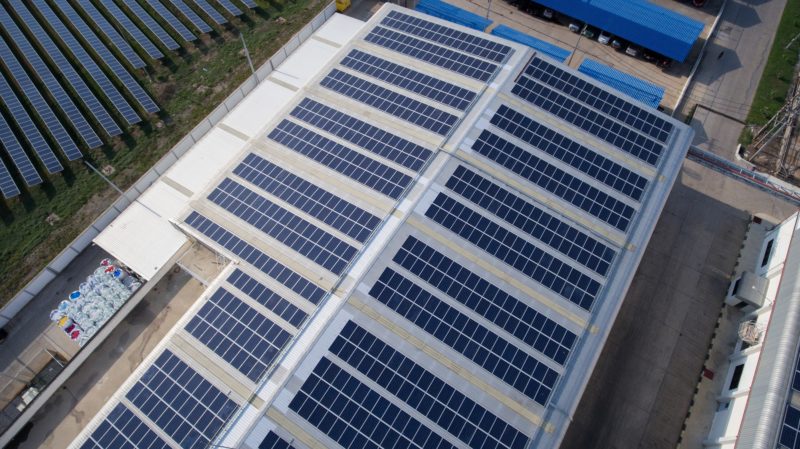A tool that compares costs of solar power with the currently existing diesel generation costs for an individually planned PV project and generates an individual economic approximation for the considered solar investment has been launched.

Tagged “PV-Calculator”, the online tool is the brainchild of Let’s Make Solar Work, an initiative of SOLAR23, OneShore Energy, Solarmate Engineering and eclareon. It is co-funded by the German Federal Ministry for Economic Cooperation and Development under the DeveloPPP programme.
Launched on the Let’s Make Solar Work website (www.letsmakesolarwork.com), the tool is meant to address the knowledge gap of solar power competitiveness. It is said to be handy, quickly generates numbered results and has demonstrated to be fully working after an initial one-month test period. Made by a team of German experts, the tool automatically calculates the LCOE, Payback, Equity IRR, Project IRR, NPV from just a few input data.
This, according to its promoters, allows potential buyers to gauge their planned solar system investment. Solar suppliers are able to prepare for customer/stakeholder meetings and to come into play with first concrete numbers. In this context, Let’s Make Solar Work has also published a Survey Report describing the energy situation specifically among mid-sized power consumers such as SMEs and social facilities: Demand-side requirements and planned power investments are analysed; recommendations on how to develop the solar market for SMEs and social facilities in Nigeria are presented and currently implemented.
“The obvious lack of reliable power is as hard-felt in this specific mid-sized power consumer category as in any other community, but here the power gap most immediately affects and hampers the economic success of Nigerians and Nigeria. Therefore, the question asked by Let’s make solar work partners is: Why not fill this power gap with solar PV systems, given that Solar Power can greatly contribute to make Nigerians and Nigeria more successful.
“Most mid-sized power consumers in Nigeria including small and medium sized companies (SMEs), public facilities, have one thing in common; they run their own diesel generators. Operation gets increasingly expensive as diesel prices rise. Also, surveys have shown that generators are often oversized and thus run inefficiently. This drives power costs further up,” says Dotun Tokun of Solarmate Engineering Ltd.
“In recent years, a silent revolution has been going on with solar power as it reached price parity with generator-based power production in a growing number of geographies. Using solar energy has become cheaper than running diesel generators, also in Nigeria. Many Nigerians are not yet fully aware of the specific new competitiveness of solar power, this is however very good news for many power consumers, especially mid-sized power consumers such as companies and social facilities,” notes Olivier Drücke, the project director of SOLAR23
Let’s Make Solar Work is a Nigerian-German solar initiative by solar companies teaming up to organise know-how and technology transfer from Germany to Nigeria. “Our partnership conveys this knowledge transfer through a series of seminars targeted at engineers and technicians who are already working in the solar business or have a professional energy background,” adds Drücke.
